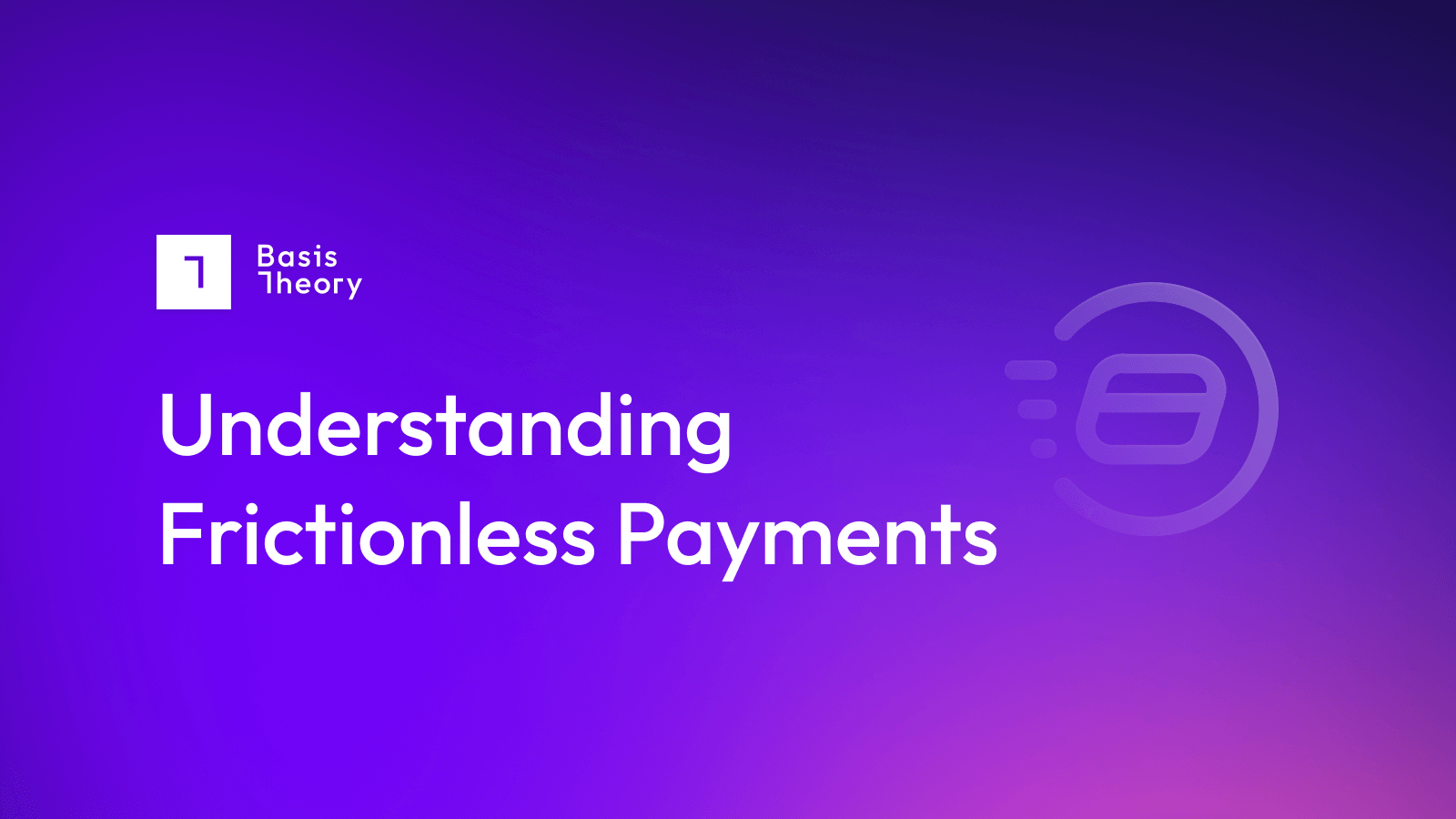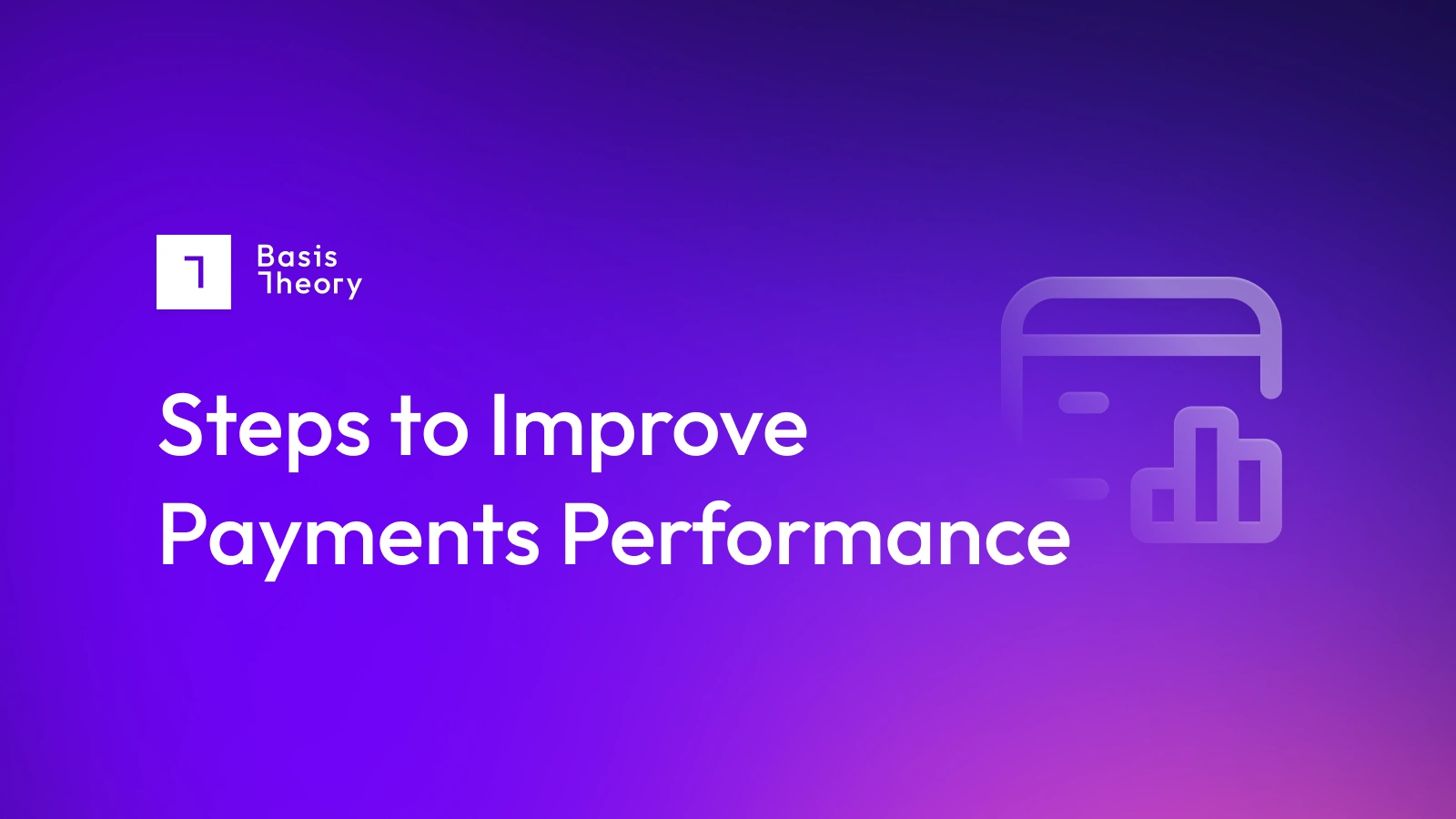Implementing Alternative Payment Methods

There’s never been more alternatives than 2025. Alternative meat, alternative investments, and now, alternatives for how we pay.
In an increasingly competitive marketplace, removing every bit of friction that can cause a consumer not to complete a purchase is vital. This includes anything from unclear terms and conditions of purchase to a confusing or unintuitive checkout experience or not accepting the consumer’s preferred payment method.
Where once merchants needed only to work out how to accept major credit cards, today’s retail ecosystem demands committing to alternative payment methods.
Types of Alternative Payment Methods
If the standard payment methods were best characterized as owned and driven by the big financial institutions that are the bedrock of the payments ecosystem, alternative payment methods largely represent the efforts of players from outside finance to try to get in on the game. For instance:
- Money management systems, like PayPal or the more modern Revolut and Rapyd, where users can put money into their account and then dole it out as needed. PayPal started as a way to simplify bank-to-bank transfers by enabling them to be based simply on an email instruction—and one could say that the current iteration is simply a natural evolution. Its popularity is highlighted by the variety of bank-owned-and-operated alternatives now flooding the market, such as Zelle.
- Digital wallets, like Apple Pay and Google Pay, act as an overlay to the consumer’s banking environment, connecting to an array of different financial instruments (from bank accounts to credit cards and beyond) to deliver new, and often more user-friendly ways for merchants to enable customers to buy.
- Cryptocurrency exchanges allow consumers and merchants to exchange value through non-traditional currencies like BitCoin, Ethereum, and Tether. While the benefits are a bit opaque, many terminally online consumers favor crypto-currency for its subversive feel and theoretically less-trackable nature.
- Mobile payment systems, such as Africa’s popular M-Pesa, use inherently mobile-oriented technologies such as SMS messages to exchange money between merchants and consumers.
- Prepaid cards, which can be managed directly by the merchant, can be a way to ensure that customers commit future value, and are especially valuable for businesses that offer goods and services that might be gifted (think: all those restaurant vouchers sitting unused in your kitchen drawer!)
- Buy Now, Pay Later (BNPL) offers customers the option to pay for their goods over a period of time, while delivering the full value (minus fees, of course) to the merchant at the time of sale. Services like Klarna and Afterpay allow customers to split payments into installments, boosting conversion rates for merchants.
What counts as a standard payment method?
When discussing alternative payment methods, it makes sense to establish what are considered the ‘standard’ methods. Indeed, this can be slightly different depending on where the transaction will take place. Not all nations took to e-commerce at the same time or at the same pace as one another—meaning that expectations of what should always be offered are different around the world.
However, the core standard payment types are traditionally:
- Credit Cards: From the moment payments started to be taken digitally, credit cards were the fundamental instrument used. The major card networks (Mastercard, Visa, American Express, Discover) quickly built out what was necessary for them to be the conduit for most online commerce, especially in the United States and other advanced economies.
- Debit Cards: As debit cards increased in popularity and governments moved to cap the fees that could be charged for processing transactions using them, merchants both online and offline sought ways to favor them in order to improve their overall margins.
- Automatic Clearing House (ACH): The ACH Network allows banks to move money between themselves. It was a popular method for making purchases early on, particularly in business-to-business transactions.
Outside the United States, a broad array of mechanisms that generally mirrored ACH (for instance, Sofort in Germany and Austria, and iDeal in the Netherlands) were early movers in the space, making it tricky for US-based e-commerce pioneers to penetrate their markets.
Keys to Getting Started
Indeed, in the early days of e-commerce, companies struggled to expand to other geographies because their payment systems expected customers to use credit cards, despite citizens of other nations preferring other approaches.
Additionally, alternative payment methods often offer the option to manage processing fees. For instance, iDeal in the Netherlands can have a fee as low as EUR 0.11 - 0.22, which, on a EUR100 transaction, can represent as low as 0.11%.
Similarly, direct bank-to-bank payments offer substantially lower costs than traditional credit card deals.
Many full-service payment processors offer access to alternative payment methods, which can make it seem like a no-brainer to simply sign up once and get access to the full range. However, while the PSP can make expanding your set of payment method options easier, they generally will not support your reducing the cost-to-process, as they have already taken the lower fees into account when setting their flat structures. In other words, the benefits of, say, a low-cost debit card transaction are offsetting a higher-cost AmEx sale.
However, that does not mean you cannot expand your horizons!
Adopting alternative payment methods requires a thoughtful implementation strategy that brings together technology, operations, and compliance. Each alternative payment method has its own set of APIs, authentication flows, and data formats. Some, like PayPal or Apple Pay, are more of a plug-and-play through e-commerce platforms. Others like crypto or digital wallets may require more PCI compliance considerations and engineering resources.
Streamlining the implementation of an alternative payment method starts with using modular, agnostic infrastructure. This enables merchants to swap providers based on customer geography, device, or order value without overhauling their payment stack. Ensure you’re compliant with any region-specific rules like PSD2 or PIX guidelines. And prioritize methods that can complete transactions in as few clicks as possible.
Work with our documentation to get started with alternative payment methods.
.png?width=365&height=122&name=BTLogo%20(1).png)



